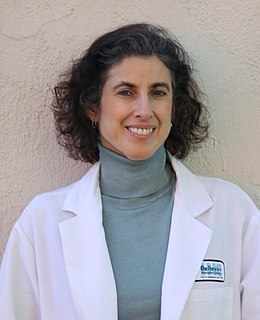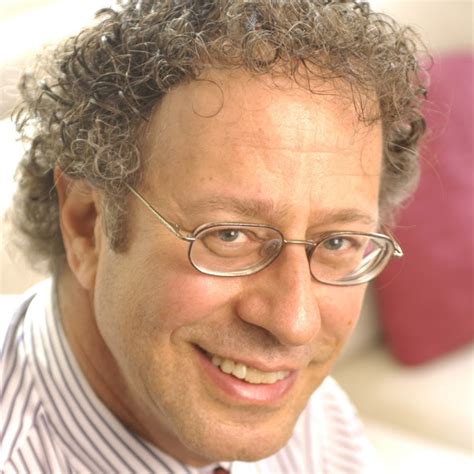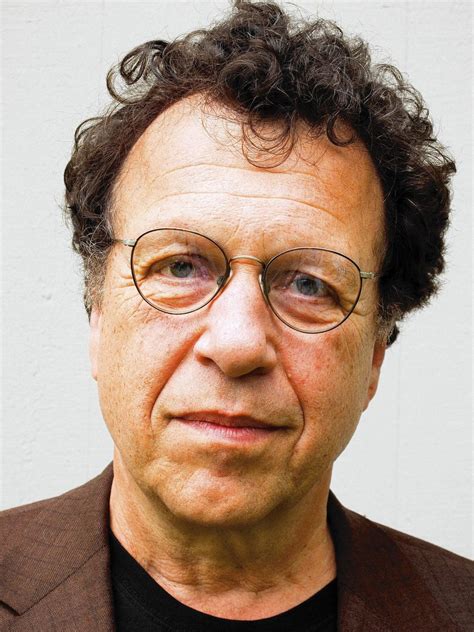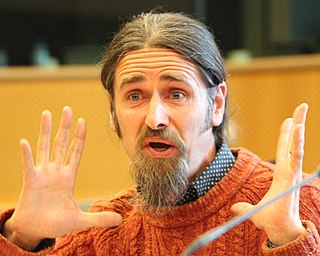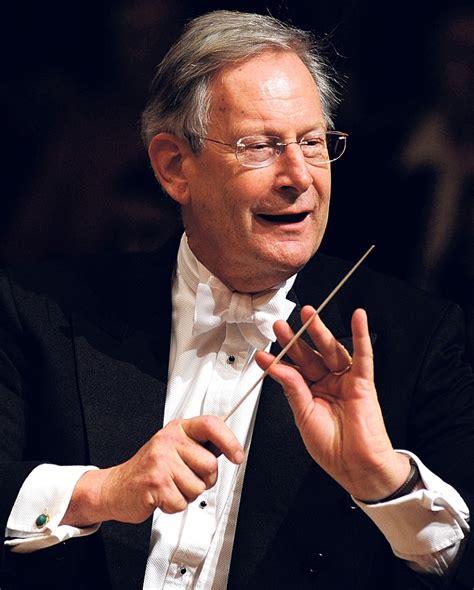A Quote by Jed Diamond
Symptoms like anxiety, depression, aggression, alcohol or drug use, are responses to physical and emotional pain that has its roots in traumatic experiences from childhood and later in life.
Related Quotes
When a patient tells a doctor that every symptom is the most horrible ever - and the physical exam and labs are normal - we often suspect something psychological is going on. The symptoms aren't fake. They're physical manifestations of anxiety, depression, and stress. So while I'm always on the lookout for a serious underlying disease.
Even more than the depression, it was my anxiety and agitation that became the defining symptoms of my illness. Like epileptic seizures, a series of frenzied anxiety attacks would descend upon me without warning. My body was possessed by a chaotic, demonic force which led to my shaking, pacing and violently hitting myself across the chest or in the head. This self-flagellation seemed to provide a physical outlet for my invisible torment, as if I were letting steam out of a pressure cooker.
In fact, numerous scientific laboratory tests and field observations have led to the conclusion that animals are conscious, intelligent, emotional beings. They are not machines and truly feel physical pain when it is inflicted upon them. They are capable of experiencing a wide range of emotions, including loneliness, embarrassment, sadness, longing, depression, anxiety, panic, and fear, as well as joy, relief, surprise, happiness, contentment, and peace.
Doctors are taught in medical school that people ususally underreport their alcohol and drug use, so we genreal double the amount we're told. Don't be insulted if your doctor asks follow-up questions about yout drinking. We're trying to be diligent so we don't miss an alcohol or drug disorfer that could be amenable to treatment.
The very same brain centers that interpret and feel physical pain also become activated during experiences of emotional rejection. In brain scans, they light up in response to social ostracism, just as they would when triggered by physically harmful stimuli. When people speak of feeling hurt or of having emotional pain, they are not being abstract or poetic, but scientifically quite precise.
Life has to keep going, so you can either be a victim the rest of your life and let it drag you down into drugs and alcohol and depression or you can turn it into something good, fun even, you know, and I tell young people who are going through depression that this might be the most important time of your life. This might be what makes you a great artist later on.
People make a decision on what they take based on whether or not it's legal. We give people at the age of 18 a choice to use alcohol, which is more harmful than cannabis. If they have the choice to use cannabis by legalising it, they'll be less likely to drink alcohol, giving people an option to use a safer drug. If people end up using cannabis instead of alcohol, that would obviously be a good thing.

